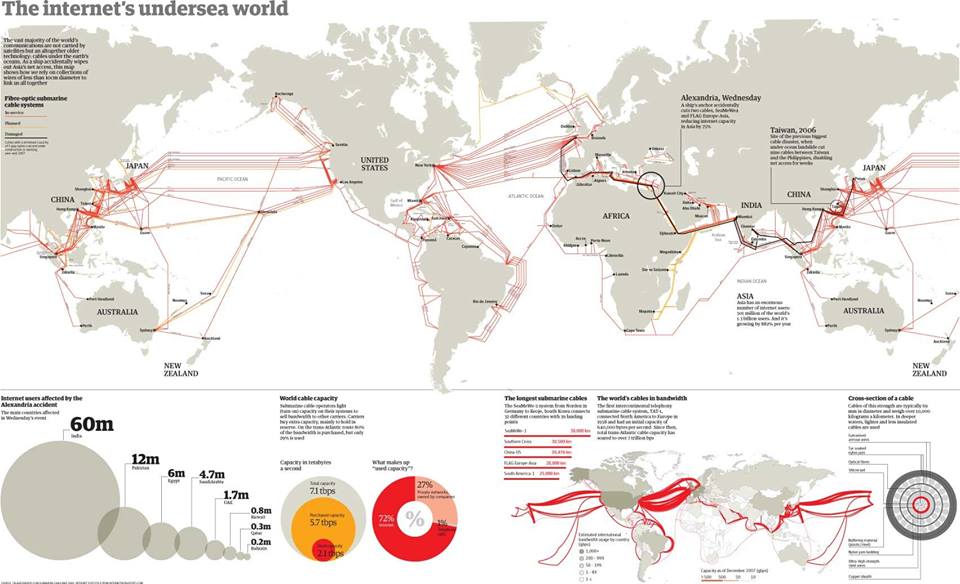H818 is different to my previous modules. It requires the ongoing development of a single idea / project which is mooted in TMA01, developed in TMA02, presented in the conference and reflected on for the EMA.
The project must have something to do with Openness and also fall under one of the subject areas of inclusion, innovation of implementation.
I have two ideas - neither of which seem ideal but both of which kind of interest me. I am awaiting specific tutor feedback to see which one I should pursue:
1. OU Blogs - who uses them for what
The OU blog has been a revelation for me. I have found it exceptionally useful in a reflective capacity but also for expanding ideas which have piqued my interest and about which I have wanted to explore further. I didn't expect to gain a lot of traction but I have had over 30,000 views of this blog (although far fewer comments and interactions than you might expect). I am really interested to see if other students have found their blogs similarly, or differently, useful and whether the tool is working the way envisaged by the OU initially.
I can imagine getting data from my current and previous OU student groups but also being able to source further OU students through Twitter, Facebook and simply by searching existing blogs for comments and interactions.
I would speak to a small number first to develop good survey questions based on their experiences and comments. Once I had developed a good survey I would place this online and invite as many people as possible to respond. I would include an option to engage in a deeper email conversation for people willing and able to share their experiences more deeply.
Although the OU blogs are not entirely open unless the student allows this they are an example of students producing work which is available to others to reference, discuss and consider. The blog system can promote collaboration and networking as well as promoting reflective practice.
I think that the umbrella here would be implementation and that the presentation of a paper detailing research and findings would be most obvious.
2. Facebook Groups - who uses them for what
My employer administers a number of Facebook groups. A company page, a closed resource page and a private study group page. In total there are over 22,000 members (though obviously many individuals are part of more than one of the groups). The different pages operate slightly differently and garner different levels, and different kinds of engagement. I would be interested to analyse and measure this to see how the groups are being used to distribute educational resources, facilitate collaboration and encourage networking.
It would be difficult to gain consent to use individual's data in the specific report about these groups but as I will be mostly classifying and analysing posts (rather than the people who make those posts) I wonder if this is a less important consideration. I suspect there may be a fine line to tread here and the importance of developing a robust ethical position could not be overstated.
The advantage to this project is that it could enable my employer to better administer and utilise the groups to commercial and educational advantage. This may mean that I am free to use work time to do some of the research!
I think this also most comfortably sits within the 'implementation' area as it is a tool being used to implement many good learning habits and resources. This could be presented as a paper or possibly a workshop on how to best engage people using Facebook.
